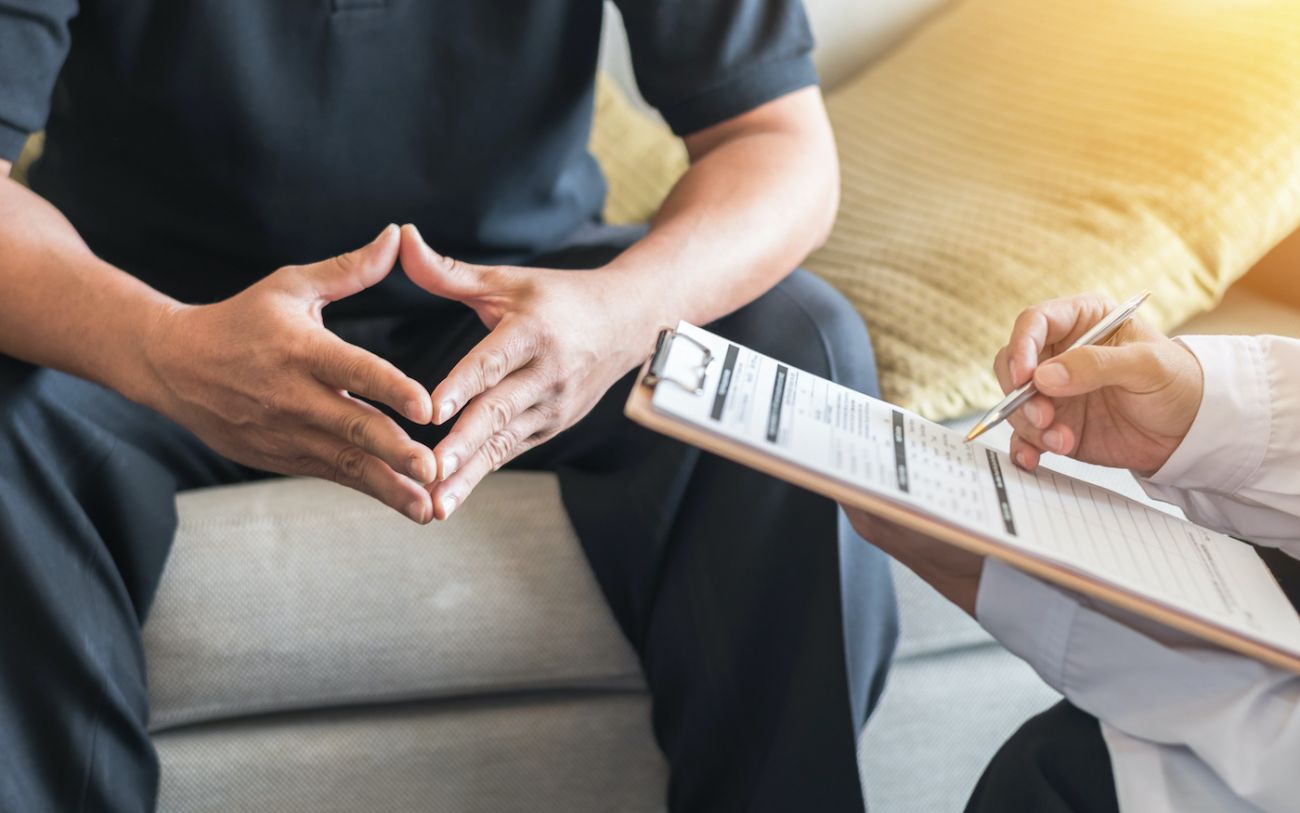A risk factor is anything that may increase your risk for a disease. Risk factors for anal cancer include:
- Being older than 50
- Infection with human papillomavirus (HPV)
- Infection with human immunodeficiency virus (HIV), the virus that causes AIDS
- Lowered immunity, often from taking immune-suppressing drugs to prevent organ rejection after a transplant
- Certain autoimmune disorders, such as Crohn's disease
- History of cervical, vulvar or vaginal cancer or precancer
- History of anal precancer
- History of blood cancer such as lymphoma, chronic lymphocytic leukemia or multiple myeloma
- Having anal fistulas or abnormal openings
- Anal warts. While anal warts do not turn into cancer, people with anal warts are more likely to develop anal cancer.
- Smoking
- History of anal sex
- History of sexually transmitted infection
Infection with human papillomavirus (HPV)
There is a strong link between anal cancer and infection with HPV. HPV is a collection of more than 150 related viruses, and about 40 of them may be spread through sexual contact. HPV infections are very common — about 85% of people will have one during their life. Most of the time, the infection causes no symptoms and will clear without treatment. However, some HPV infections persist, and are known to cause genital warts and/or cancers of the cervix, anus, mouth, throat and genital areas.
The HPV vaccine currently used in the United States protects against nine different HPV strains including HPV types 6 and 11, responsible for most cases of genital warts, and HPV types 16 and 18 which cause most HPV cancers. The Centers for Disease Control and Prevention (CDC) recommends the three-dose vaccine series for people age 9 to 26. (Only two doses are needed if given before age 15. Those with weakened immune systems and teens and young adults who start the series later, should have three doses.) While the vaccine is not recommended for everyone older than 26, some unvaccinated adults age 27 to 45 may choose to get vaccinated after speaking with their doctor about their personal risk.
